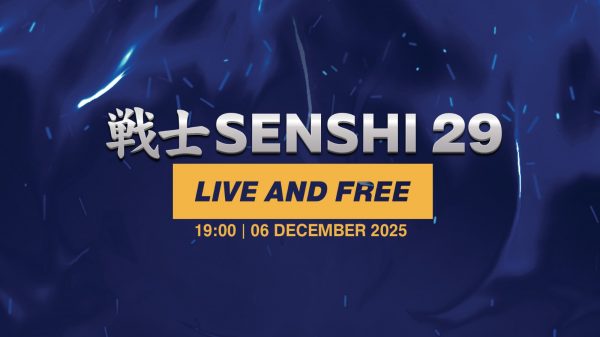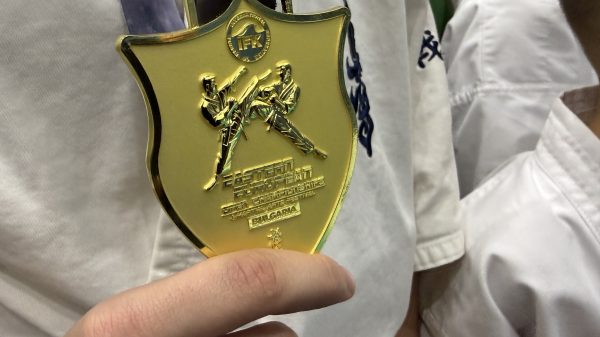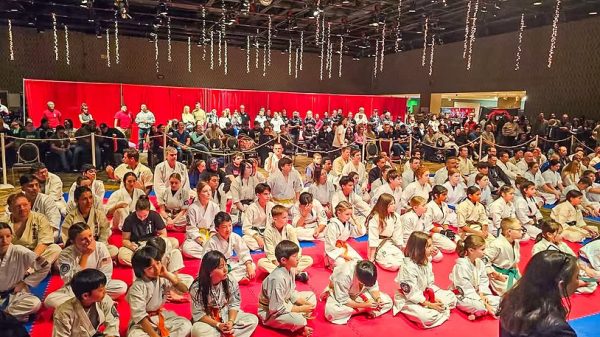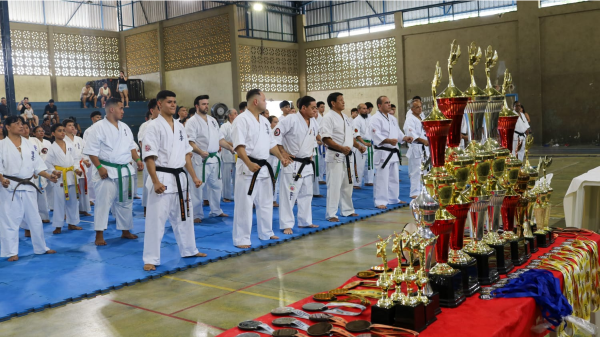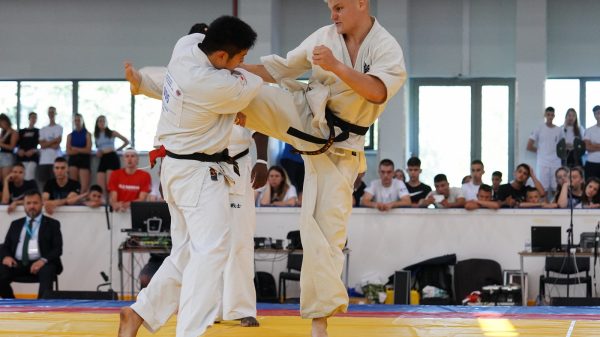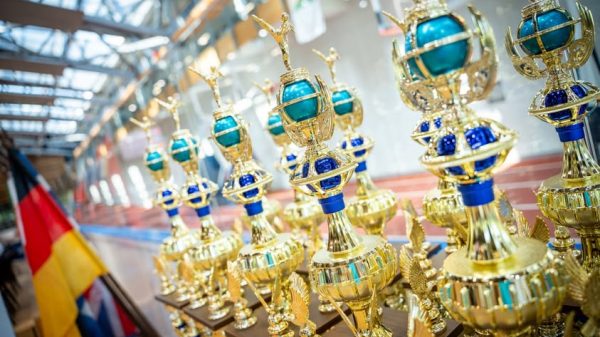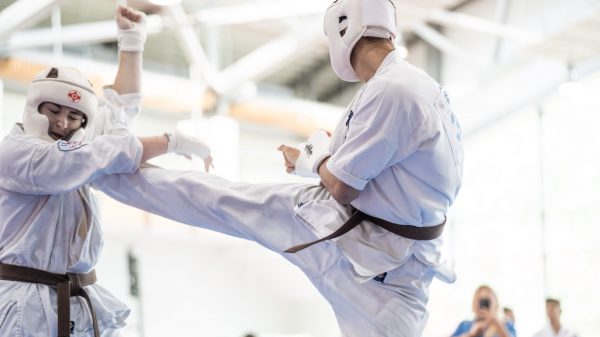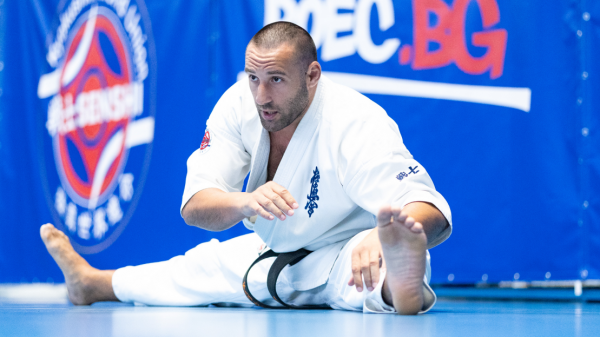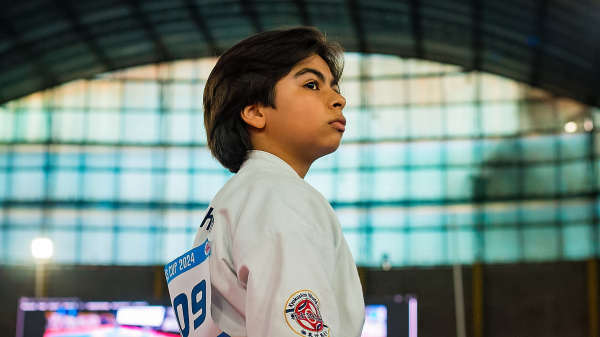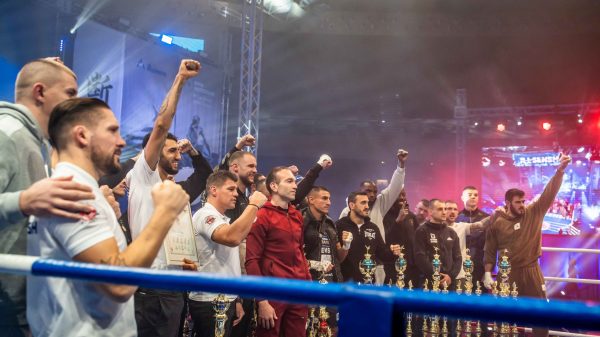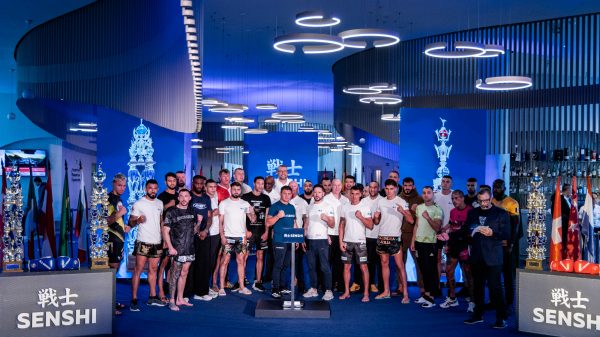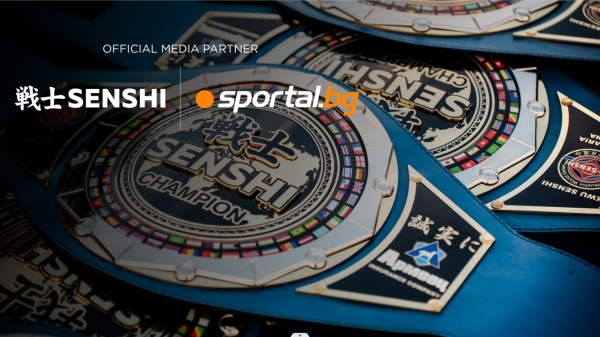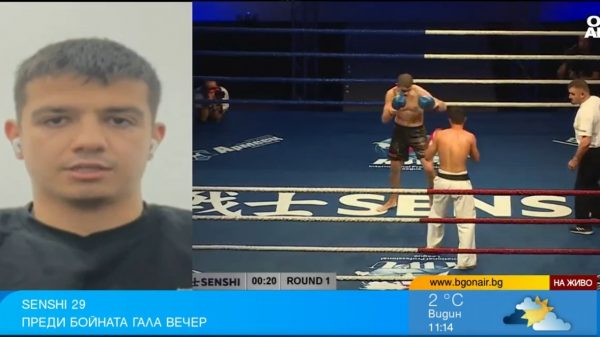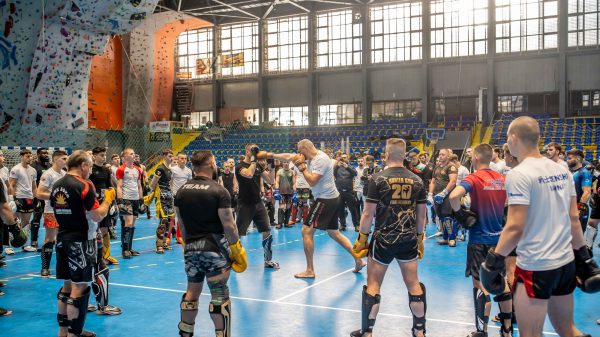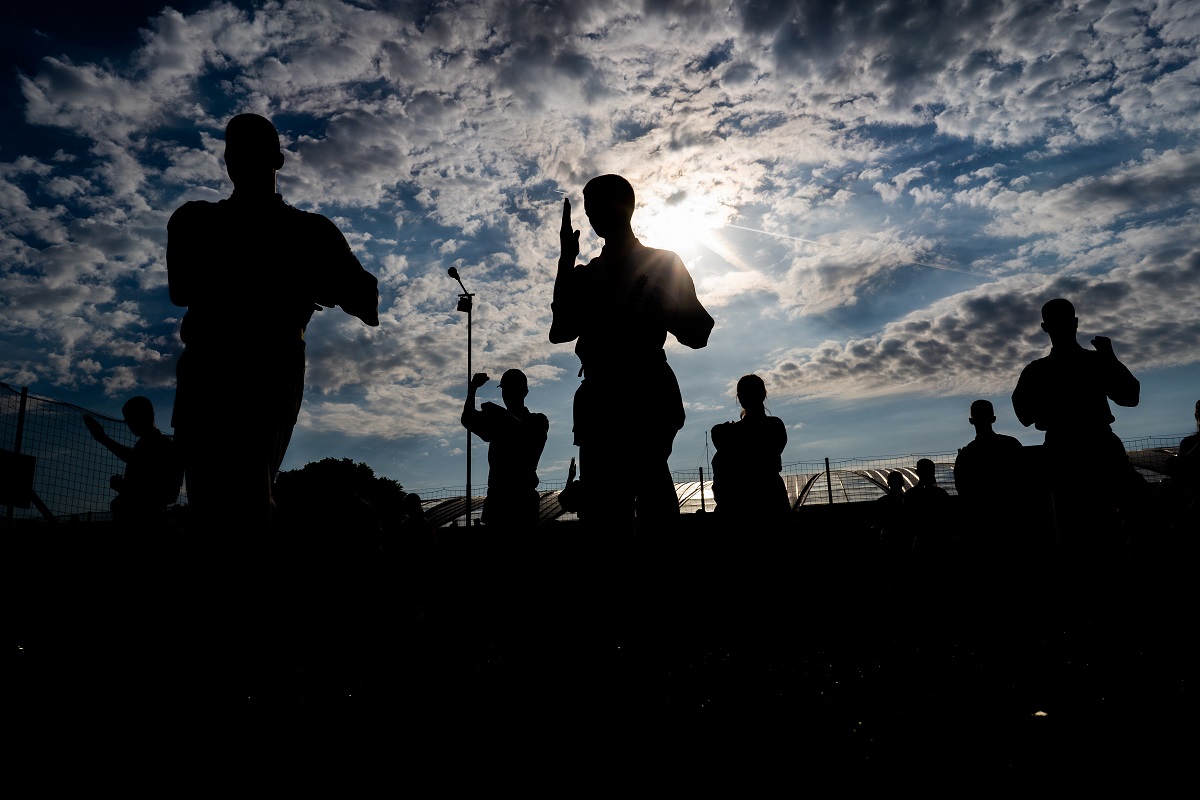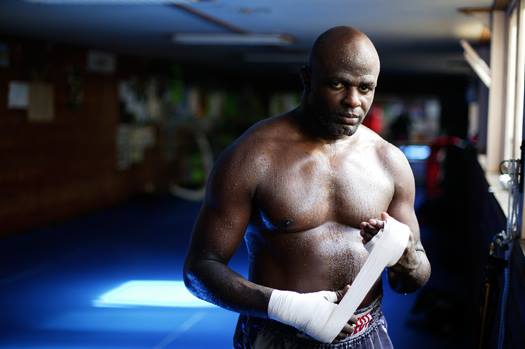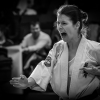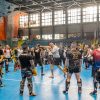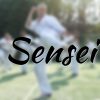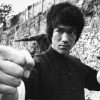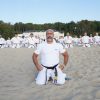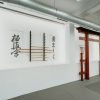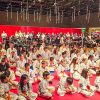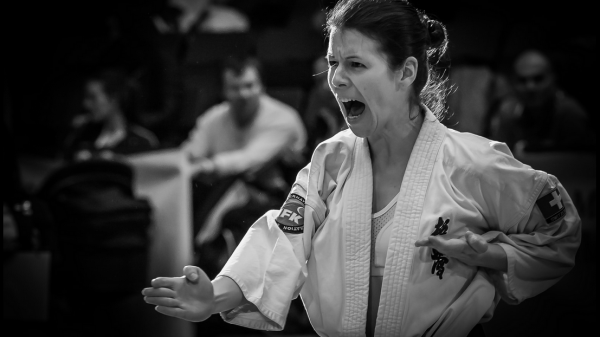Kyokushin Karate, a full-contact martial art founded by Masutatsu Oyama in 1964, is renowned for its rigorous training, physical endurance, and emphasis on discipline. Beyond its physical demands, Kyokushin Karate has a profound impact on emotional intelligence (EI), which encompasses the ability to recognize, understand, manage, and utilize emotions effectively. This martial art, through its structured training regimen and philosophical teachings, supports the development of EI in several key ways.
Self-Awareness and Self-Regulation
One of the fundamental aspects of Kyokushin Karate is the focus on self-awareness. Practitioners are constantly encouraged to reflect on their strengths, weaknesses, and emotional responses during training and combat. This self-reflection fosters a deeper understanding of one’s emotional triggers and reactions. For instance, facing a challenging opponent or enduring intense physical pain requires practitioners to acknowledge their fear, frustration, or anxiety without letting these emotions take control. Over time, this practice enhances self-regulation, enabling karatekas to maintain composure and make rational decisions even under pressure.
Empathy and Social Skills
Kyokushin Karate emphasizes respect for others, a core principle that nurtures empathy. Practitioners are taught to bow before and after sparring, showing respect regardless of the outcome. This ritual instills a sense of empathy, as karatekas learn to appreciate their opponents’ efforts and emotions. Moreover, the dojo environment promotes camaraderie and mutual support. Training with partners requires effective communication, cooperation, and understanding of each other’s physical and emotional states. These interactions enhance social skills, as practitioners learn to navigate complex social dynamics and build meaningful relationships.
Motivation and Perseverance
Intrinsic motivation, a critical component of EI, is deeply ingrained in Kyokushin Karate. The art’s demanding nature requires a high level of commitment and perseverance. Practitioners set personal goals, whether it’s mastering a technique, achieving a higher belt rank, or competing in tournaments. The journey toward these goals is often fraught with obstacles, from physical injuries to mental fatigue. However, the rigorous training and the sense of accomplishment upon overcoming challenges foster a resilient mindset. This resilience translates to a stronger intrinsic motivation, driving karatekas to pursue their goals with determination and passion.
Stress Management and Emotional Resilience
Kyokushin Karate’s training regimen includes various techniques to manage stress and build emotional resilience. Breathing exercises, meditation, and kata (pre-arranged forms) are integral parts of the practice. These techniques help practitioners regulate their breathing, calm their minds, and focus their energy, effectively reducing stress and anxiety. The repetitive nature of kata, in particular, serves as a meditative practice that cultivates mindfulness and emotional stability. Furthermore, the experience of facing and overcoming physical and emotional challenges in the dojo prepares karatekas to handle stress and adversity in everyday life with greater resilience.
Kyokushin Karate, with its blend of physical rigor and philosophical depth, offers more than just martial prowess. It cultivates emotional intelligence by fostering self-awareness, self-regulation, empathy, social skills, motivation, and stress management. Through consistent practice and adherence to its principles, practitioners develop a balanced and resilient emotional framework. This framework not only enhances their performance in martial arts but also enriches their personal and professional lives, making Kyokushin Karate a valuable practice for holistic emotional development.


